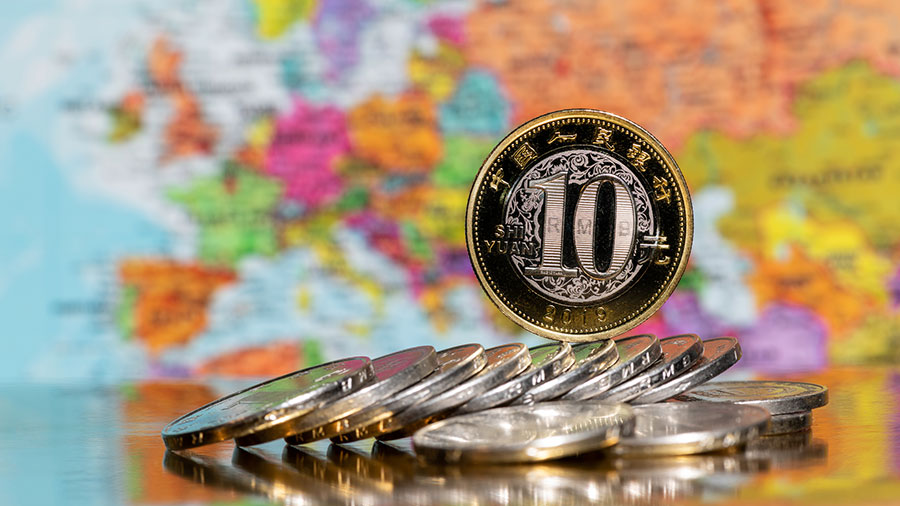TIN Check Ghana
A Taxpayer Identification Number (TIN) is a means of uniquely identifying taxpayers or potential taxpayers (i.e. individuals and corporate bodies) for tax purposes. Section 10 to 12 of the Revenue Administration Act 2016, (Act 915), authorizes the Commissioner-General of the Ghana Revenue Authority (GRA) to maintain a Taxpayer Identification Numbering System of people who are liable to register and pay tax to the state. For this purpose, from April 1, 2021, the Ghana Card Personal Identification Number (Ghana card PIN) is now being used as a form of Taxpayer Identification for INDIVIDUAL TAXPAYERS ONLY. This means that the Ghana card PIN has replaced the TIN issued by GRA to Individual Taxpayers from April 1, 2021.The Commissioner General of the Ghana Revenue Authority (GRA) is mandated by the Revenue Administration Act,2016, (Act 915) as amended, to maintain a system of taxpayer identification numbers for the purpose of identification of taxpayer and promotion of tax compliance. Upon application, a Taxpayer Identification Number (TIN) is issued by the Commissioner General to: a. A person who is liable to pay tax or ; b. A person who conducts official business with specified institutions provided in the Revenue Administration Act (RAA) ;
when the Commissioner General is satisfied about the true identity of the applicant and that the applicant does not have an existing TIN.
The two main categories of persons who may be issued with a TIN are :
- Individuals
- Organisations
A Taxpayer Identification Number issued under Act 915 is not transferable From 1st April, 2021 the 15- character Ghanacard Personal Identification Number, (Ghanacard PIN) issued by the National Identification Authority (NIA), became the TIN for individuals who are eligible for the Ghanacard. The Non-citizen card of foreign individuals permanently resident in Ghana also serves as their TIN. The GRA is therefore integrated with the NIA for the purpose of issuing the common unique number (Ghanacard PIN) for tax purposes. Currently the existing TIN is used alongside the Ghanacard PIN until 31st December, 2021 when only the Ghanacard PIN of existing taxpayers will be accepted for all tax transactions.
The GRA, however, continues to directly issue TIN to the following persons:
- non-resident individuals
- foreign mission employees
- Organisations (both those required to register with the Registrar General Department (RGD) and those not required to register with the RGD)
Organisations that are required to register with the RGD initiate their TIN registration at the RGD as part of the entity registration process and are issued a TIN by the GRA in collaboration with the RGD. After identification of taxpayers the GRA further administers the appropriate tax types where necessary - i.e tax types that are applicable to each identified person are then registered appropriately for tax compliance purposes. There is no separate TIN for administration of tax types.









